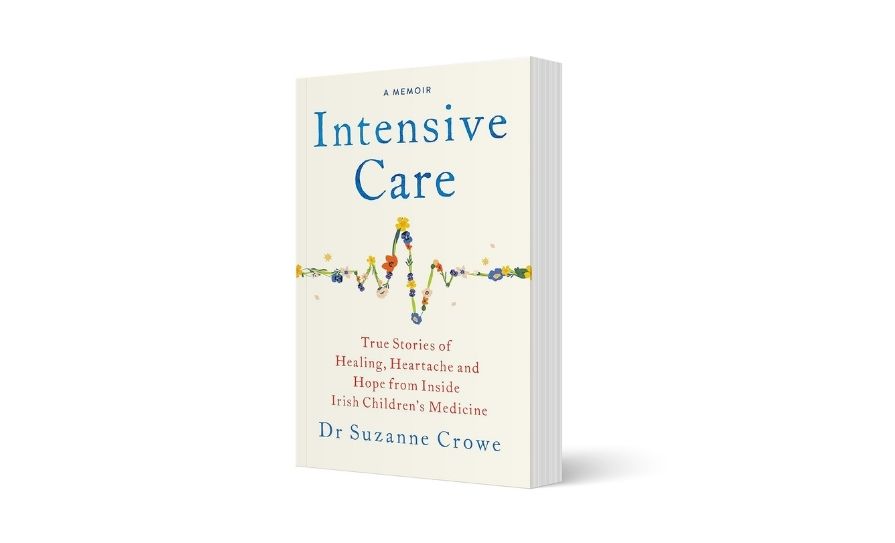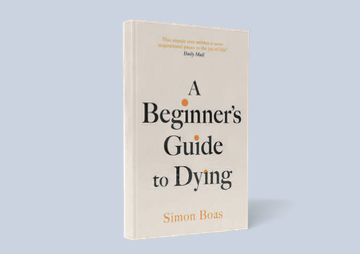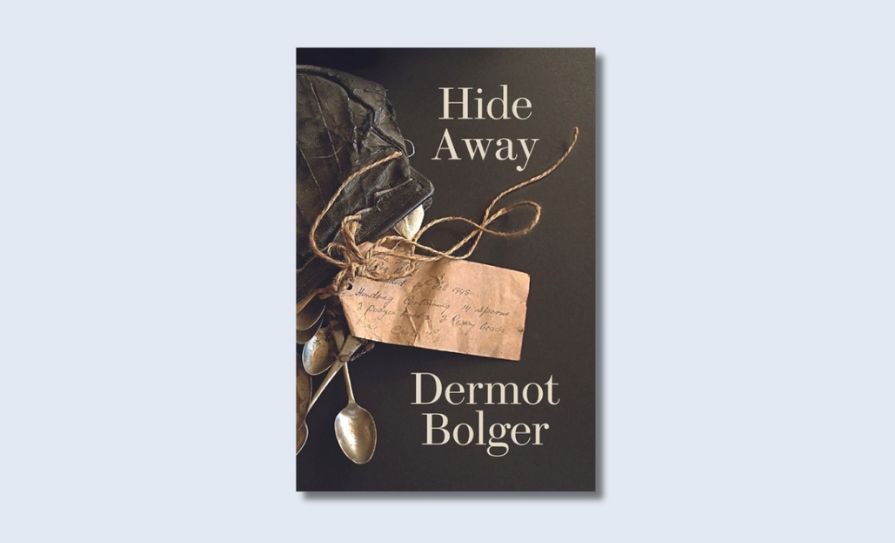Prof Brendan Kelly reviews a new book that presents an engaging analysis of two-and-a-half decades of seismic changes in Ireland
Prof Diarmaid Ferriter’s new book, The Revelation of Ireland 1995-2020, examines an extraordinary, eventful period in the life of Ireland. This sizeable volume is engaging, involving, and beautifully crafted. It covers “Irish political culture”, Northern Ireland, the economy, international relations, the “loosening grip of Catholicism”, the “social contract”, and “cultural currents and remembrance”. All told, the book is a clear, factual account of two-and-a-half decades of remarkable change in Ireland, leavened with a historian’s eye for fine detail and grand trends.
For the medical reader, there is much to enjoy. First, the overall thrust of national life and political change has always had profound implications for medical need and how healthcare is provided. Over the period covered in this book, developments such as the changes in Northern Ireland and new legislation governing termination of pregnancy in the Republic had significant effects on clinical need and care. Ferriter provides clear summaries of these and other relevant events and places them adroitly in their social and political contexts. That is one of the key virtues of this book: Events which many readers will recall to a certain degree, but might have partly forgotten, are summarised, contextualised, and placed in careful sequence.
Second, health-related issues often shaped the Irish political landscape in profound ways between 1995 and 2020, and these, too, are explored in this book. For example, Ferriter provides useful, concise accounts of problems with cancer screening, including “cervical smear controversies”, as well as “other narratives of scandal” which “were driven by abortion”. Again, the historian places these matters in their social and political contexts. He takes a measured approach to each issue, always locating it in its contemporary setting and in the broader sweep of Ireland’s recent story. This valuable approach adds significantly to the literature on recent Irish medical history.
Third, the chapter about “the social contract” takes a close look at several other issues relating to health and medicine which are sometimes ignored. I was especially pleased to see discussion of mental health services, noting the declining numbers of psychiatry inpatients over recent decades, and recording this as a significant historical shift. But Ferriter adds that “the sector’s Achilles heel remained access to services, as less than 6 per cent of Ireland’s health budget went on mental health”.
Other topics include the decline in maternal death, tobacco control, Ireland’s relationship with alcohol (“a deep ambivalence”), obesity, and waiting lists. Ferriter explores various aspects of the HSE, noting that “the weight of history did not, it seems, weigh heavily enough when it came to devising solutions or addressing particular blind spots”. He draws welcome attention to specific issues, including the continued need for “digital transformation” in the health sector. The move to electronic patient records across the system has been slow, uneven, and uncoordinated. This is a real pity: There are easy wins here for the health system and for patients if “digital transformation” is truly prioritised.
Ferriter is well-positioned to write this book. He is Professor of Modern Irish History at University College Dublin and one of Ireland’s best-known historians. His previous books include The Transformation of Ireland 1900-2000 (2004); Judging Dev: A Reassessment of the Life and Legacy of Eamon de Valera (2007); Occasions of Sin: Sex
and Society in Modern Ireland (2009); Ambiguous Republic: Ireland in the 1970s (2012); and On the Edge: Ireland’s Off-Shore Islands: A Modern History (2018). All are worth a look, especially The Transformation of Ireland 1900- 2000, which was itself transformative.
Ferriter’s communication skills are excellent. He is a regular feature in Irish media and, in 2010, presented a three- part history of 20th Century Ireland – The Limits of Liberty – on RTÉ television. He features frequently on radio and television and writes a weekly column in The Irish Times.
Ferriter’s communication experience is evident in The Revelation of Ireland 1995-2020, which is a balanced, lucid, and meticulously researched book. It provides a thoughtful, engaging, and deeply humane account of a uniquely tumultuous period in the life of what turns out to be an extraordinarily changeable country.







